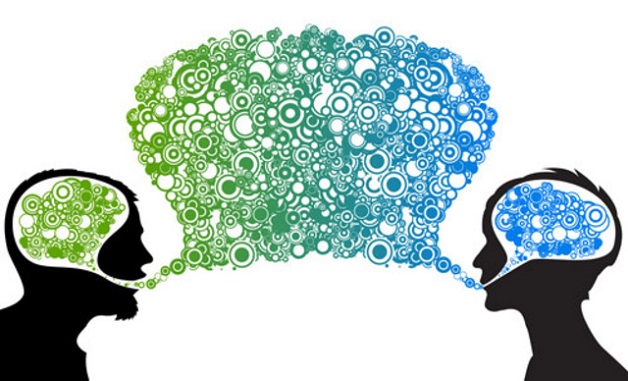
Why Negative Words Invoke A Negative Reaction
Communication can, over time, make or break any relationship, personal or business. If you fire off emails, or your mouth, without thinking much about the impact of your words, this is for you. 🙂
It fascinates me how we can use the exact same words in a different order and yield completely different results.
It’s amazing that we can use words in a different order and even add different non-verbal communication to convey a different message still.
It’s pretty awesome that we can essentially say the same thing using different words altogether, and thus get a different result.
Words and non-verbal communication cues are SO powerful and register so quickly in the brain, that sometimes our brain processes information subconsciously and responds to it, and yet consciously we are not even aware that we have even perceived some of this information!
So, it’s incredibly important to remember that when we speak or write, we are not just speaking, we are communicating a message, verbally and non-verbally and that communication is processed by the recipient, consciously and subconsciously. Communication also leads to various physiological processes in the recipient and the communicator. Therefore, it’s of paramount importance that we understand the impact of the words we use, on us and on others.
How Negative Communication Leads To Fight-Or-Flight Response
In their book, Words Can Change Your Brain, Newberg and Waldman (2012) discuss how negative words, seen or heard even just for a fleeting moment, increase activity in the amygdala.
The amygdala is primarily responsible for processing emotions and memories. Heightened activity here when seeing or hearing a negative word, causes it to send a message to the hypothalamus which induces the “fight or flight” response within us.
When we speak or email someone, do we want them to go into the fight-or-flight response mode or do we want them to process what we are saying and respond in a positive manner? If we don’t want to put people on the defensive when we communicate, or leave them looking for the nearest exit opportunity, we need to be mindful of:
- the words we use,
- the order in which we use them, and
- the manner in which we convey them, non-verbally.
How Fight-Or-Flight Response Negatively Impacts Our Communication
Sometimes we just want to vent our anger, frustration or disappointment and we think we’ll just use a few harsh words to help resolve an issue with someone. Other than inducing the fight-or-flight response mode when we don’t really want to because it’s not going to help us in our endeavour, something else also impedes our communication goals.
When we enter the fight-or-flight response mode our body can impair certain processes including cognitive functions that take place in the prefrontal cortex, the part of the brain responsible for attention, planning and problem solving. So, by using negative communication, verbal and non-verbal, we can put us and the other person into fight mode or flight mode and potentially inhibit their ability, and ours, to problem solve. Hmmm, not quite the reaction or result we probably want in reality, is it!
I will discuss the arrangement of words in another article. For now, let’s just remember, when we use negative words, our body and brain will change how it is functioning, within moments, before we’re even conscious of those changes! We’re wired that way! Those very changes make us feel tense and hinder our attempts to reach a resolution.
Before using negative words, decide if they are really going to help you achieve your objectives. Sometimes silence can be our best friend whilst we work out how best to proceed in a manner conducive to our communication goals.

























